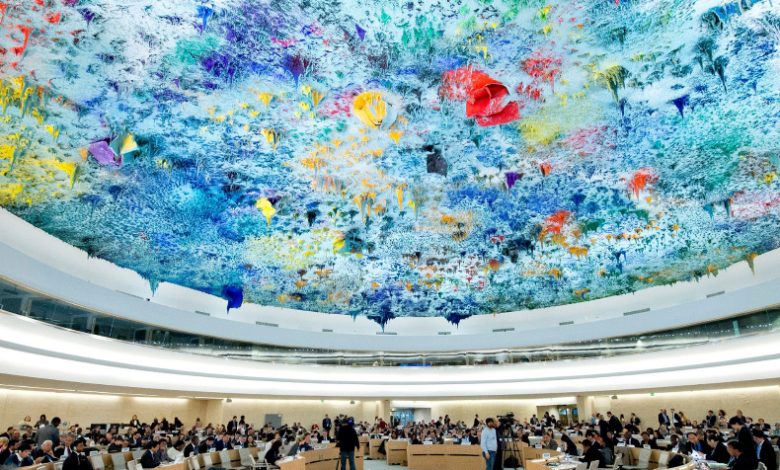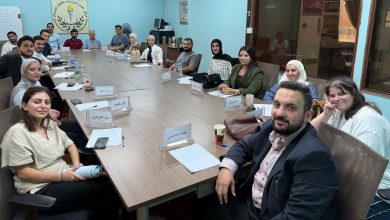Disability Rights at the 59th Human Rights Council Session – July 2025
Written by Amal Shamoun

In my role as Disability Unit Coordinator, I tracked the 59th UN Human Rights Council Session (June–July 2025) through one main objective: how worldwide decision-makers address disability rights and requirements.The current session demonstrated that inclusion stands as a fundamental human rights matter.
Key Highlights on Disability Rights
• Progress Acknowledged
The UN High Commissioner for Human Rights expressed approval of Somalia’s newly established disability rights legislation. The recognition created an impactful starting point for the session because it demonstrated how legal modifications can generate genuine transformations through disability-centered approaches.
• Inclusive Education Prioritized
A significant report was presented on the right to accessible, inclusive, and equitable education. The report demonstrated that children with disabilities face significant barriers in accessing education, especially in countries of the Global South. The Council passed a resolution that confirmed education needs to be inclusive of all people. This matters. Without education, there is no real participation.
• Basic Services and Accessibility
The UN officials made a clear statement during their water and sanitation session that persons with disabilities usually excluded from essential services. Many people get left behind because of inadequate infrastructure, together with inaccessible facilities and insufficient consultation processes. States needed to take action. The fundamental message was straightforward: services lacking accessibility do not provide equal access.
• Accessibility in UN Events
The Council declared that all future events will guarantee complete accessibility, which includes panels that feature people with disabilities. The transformation from verbal commitments to tangible implementation stands as a crucial development. Accessibility exists as a fundamental right rather than a charitable gesture.
My Reflections as a Disability Rights Advocate
The recognition of disability rights across multiple topics shows positive progress beyond its traditional separate status. The connection between disability, education, services, and participation emerged throughout this session.
Statements alone do not suffice. We need consistent action to:
• Inclusive policies
• Data disaggregated by disability
• Representation of people with disabilities in decision-making
• Budgets that reflect these commitments
The 59th session demonstrated increasing international support for disability rights. From my experience working in the field, I observe growing advocacy for disability rights. But I also see the gaps. We have the responsibility to continue advancing disability rights both locally and globally until the delivery of these rights becomes standard practice rather than a subject of discussion.




